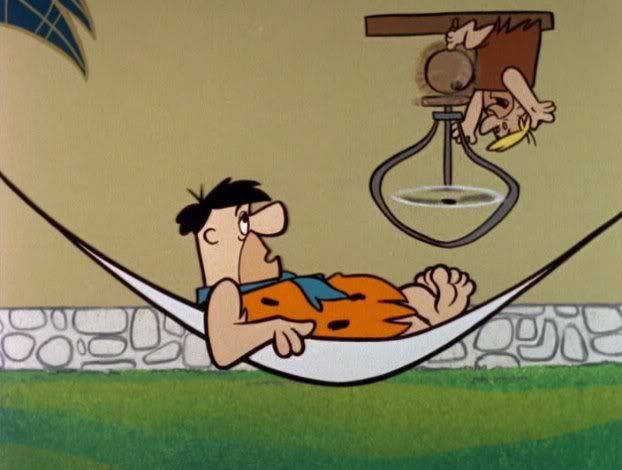 By Joel Persinger
By Joel PersingerYourRealEstateDude.com
I received an email from a friend the other day inquiring about the viability of a reverse mortgage for his parents. It was one of several I have received recently and the tone of each and every one of them has been the same. The kids are worried that their parents are making a horrible mistake by opting for a reverse mortgage. So, what exactly is a “reverse” mortgage anyway?
A reverse mortgage is nothing but a tool to help older folks improve their lifestyles by accessing the equity in their personal homes without having to make a mortgage payment. While a normal home loan comes with a monthly payment which includes the interest on the loan, a reverse mortgage simply adds the interest due each month to the loan amount. The loan and the interest are paid back when the borrower moves or passes away. Thus, a senior with a reverse mortgage can borrow against his equity without having to make a payment.
The scary part for most people is the idea that the loan amount will get bigger each month because the interest is being added to the balance due. In other words, if you borrowed $100,000 against the equity in your home by using a home equity line of credit at an interest rate of 8.75 percent, you would have to write a check each month to make an interest only payment of $729.17. However, if you borrowed the same $100,000 at the same 8.75 percent interest using a reverse mortgage, the monthly $729.17 interest would simply be added to the amount you owe. You would never make a monthly payment.
This is an almost magical concept for many seniors. When a senior is barely making ends meet, eliminating the mortgage payment can do wonders for their financial picture. Likewise, many seniors who have small or perhaps no mortgage payments are struggling to survive on the fixed income of social security. A reverse mortgage allows them to use some of the equity from their home to supplement their income without risking the loss of their home. Yes, you read correctly. A reverse mortgage does not place a senior at risk of losing his or her home. In fact, the very concept of a reverse mortgage is designed around the idea of allowing seniors to live at home as long as they wish.
There are many misconceptions about reverse mortgages, so here are some of the basics. Everyone who is on the title to the home must be at least 62 years of age, there must be sufficient equity in the home, the home must be the borrowers personal residence, there are no mortgage payments, there is no income qualification and no required credit score, the loan does not need to be paid back until the last borrower sells, moves or passes away and neither the borrowers or their heirs will ever owe more than the value of the home at the time that the loan comes due.
While this all sounds great, there are some negative points as well. The loans are expensive compared to other types of home loans. This is due in part to the fact that the lender is insuring against you or your heirs ever having to pay back more than the home is worth. There may also be some hiccups for those who have gotten remarried to a younger spouse. As I mentioned earlier, everyone involved must be at least 62 years of age.
But, for most folks who have equity in their homes and who need to supplement their retirement incomes or would just like to improve their lifestyles, reverse mortgages could be just what the doctor ordered.


No comments:
Post a Comment